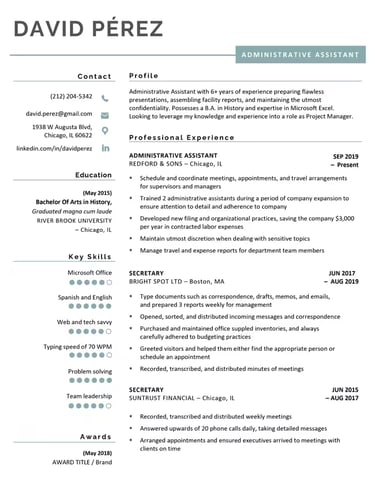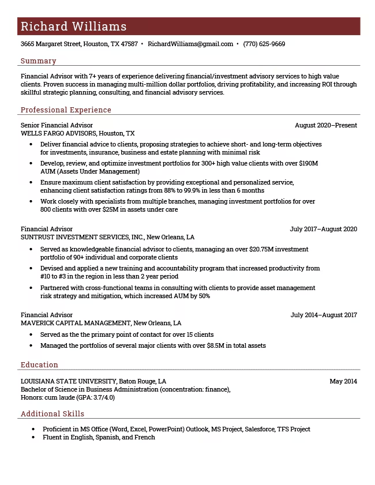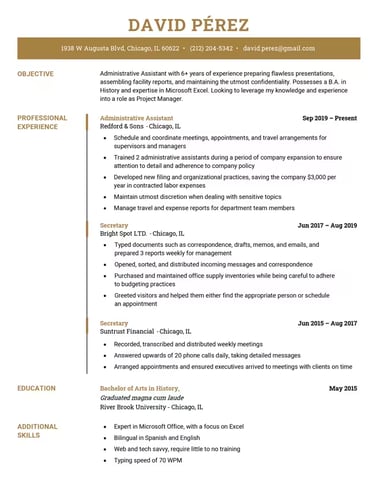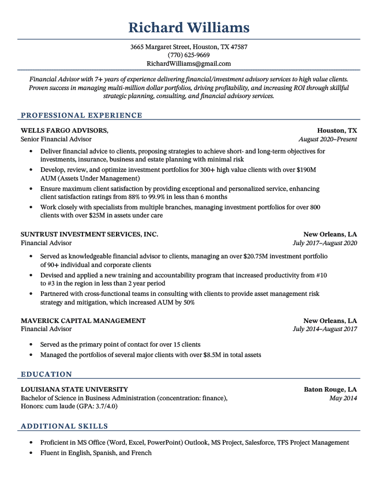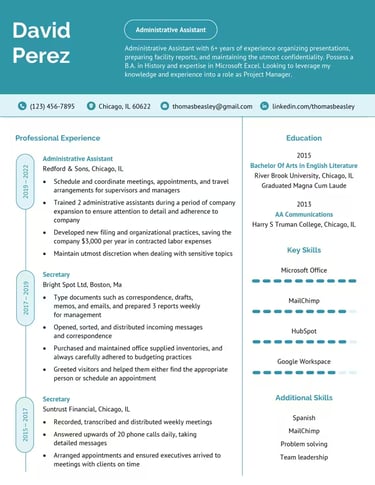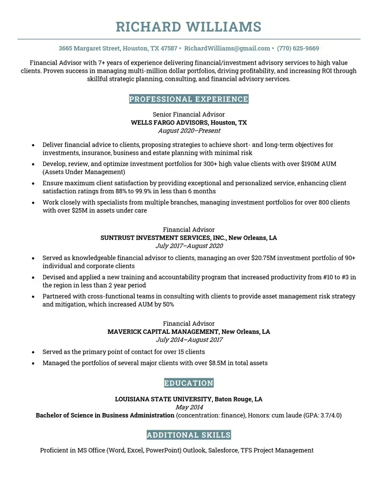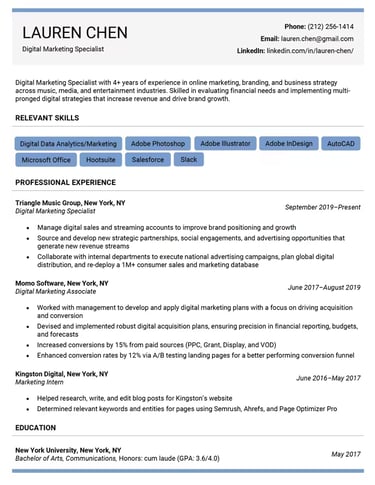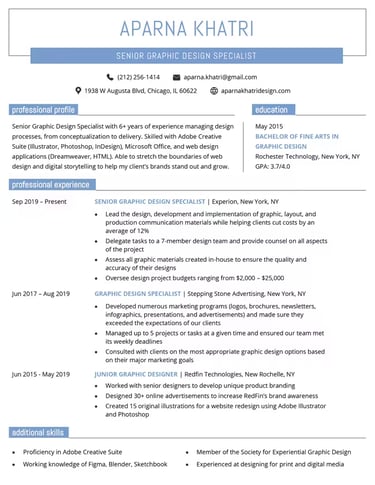Avoid Common Job Searching Mistakes for Success
Discover how to enhance your job searching strategy by avoiding five common mistakes. Stay confident and fine-tune your approach to secure the job of your dreams with persistence and smart tactics.
INTERVIEWS
Akshata Bhat
12/27/20243 min read


Searching for a job can feel like navigating a maze with no clear exit. You send out resumes, attend interviews, and still face rejection. If this sounds like you, it’s possible you’re unknowingly making critical mistakes that derail your efforts. Let’s dive into the five most common pitfalls job seekers face—and how you can turn things around.
1. Applying to Every Job Without a Strategy
It’s tempting to apply to as many jobs as possible, assuming it increases your chances of landing one. But casting a wide net without focus often leads to wasted effort. Hiring managers can spot generic applications a mile away, and you risk being overlooked.
What’s Going Wrong?
Using the same resume and cover letter for every application.
Targeting jobs outside your skills or experience level.
How to Fix It:
Tailor Your Applications: Customize your resume and cover letter to highlight relevant skills for each position. Use keywords from the job description to align with what employers are looking for.
Research Companies: Understand their mission and values. Show how you’re a cultural and professional fit.
2. Neglecting Your Online Presence
In today’s digital age, your online presence is often your first impression. If your LinkedIn profile is outdated or your social media contains unprofessional content, you’re losing credibility before even getting an interview.
What’s Going Wrong?
Outdated LinkedIn profiles that don’t reflect your latest skills or accomplishments.
Inappropriate posts on platforms like Twitter or Instagram.
How to Fix It:
Optimize LinkedIn: Use a professional photo, write a compelling summary, and include relevant experience. Don’t forget to add skills and endorsements.
Clean Up Social Media: Remove anything that could be seen as offensive or unprofessional. Think about what you’d want a potential employer to see.
3. Failing to Network Effectively
Many job seekers underestimate the power of networking. While applying online is important, 85% of jobs are filled through networking, according to recent studies.
What’s Going Wrong?
Relying solely on online applications.
Not following up after networking events or introductions.
How to Fix It:
Attend Industry Events: Join webinars, seminars, or local meetups to connect with professionals in your field.
Leverage LinkedIn: Send personalized messages to industry leaders and engage with their content. Don’t just connect—build a relationship.
Follow Up: After meeting someone, send a thank-you email or LinkedIn message to stay on their radar.
4. Ignoring Feedback
Rejection can sting, but ignoring the lessons it provides is a missed opportunity. If you don’t ask for or act on feedback, you’re likely to repeat the same mistakes.
What’s Going Wrong?
Not requesting feedback after failed interviews.
Reacting defensively to constructive criticism.
How to Fix It:
Ask for Feedback: After an interview, politely request insights into what you could improve. Many recruiters are happy to share tips.
Reflect and Adapt: Use the feedback to adjust your approach. Whether it’s refining your resume or practicing interview skills, continuous improvement is key.
5. Overlooking Soft Skills
Technical skills are important, but soft skills like communication, adaptability, and teamwork often set candidates apart. If you focus solely on hard skills, you might miss the chance to showcase your full potential.
What’s Going Wrong?
Failing to demonstrate problem-solving or interpersonal skills during interviews.
Assuming employers will only evaluate technical expertise.
How to Fix It:
Prepare Stories: Use the STAR method (Situation, Task, Action, Result) to highlight soft skills in behavioral interview questions.
Showcase Emotional Intelligence: Listen actively, ask thoughtful questions, and express genuine interest in the company’s goals.
FAQs About Job Searching Mistakes
1. Why isn’t my resume getting responses?
Your resume might not be ATS-friendly or tailored to the specific job. Use keywords and concise formatting.
2. How can I improve my LinkedIn profile?
Focus on a professional headline, a well-crafted summary, and detailed work experience. Engage by posting and commenting on relevant industry topics.
3. Should I follow up after interviews?
Yes! A thank-you email within 24 hours is a great way to reinforce your interest in the position.
4. Is networking more important than applying online?
Both are important, but networking often gives you an edge by connecting you with decision-makers directly.
5. How do I stay motivated during a long job search?
Set small, achievable goals, take breaks, and celebrate progress to avoid burnout.
6. How can I improve my interview skills?
Practice common questions, research the company, and ask a friend or mentor for a mock interview session.
Assistance
© 2025. All rights reserved.
Please note that none of my services are available for Per Scholas learners and alumni. As a Per Scholas employee, I will assist them for free. My freelance work is conducted outside of my professional role, in compliance with the non-solicitation policy
